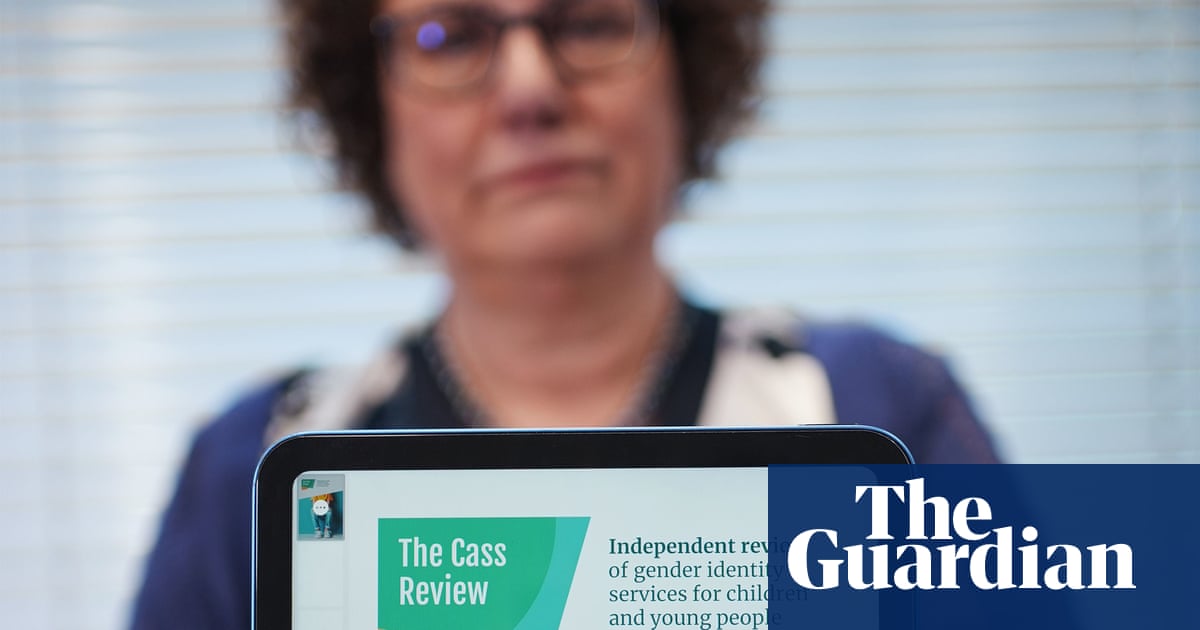
Journalists are being encouraged to share their experiences of being threatened, abused and intimidated as part of a government drive to protect their safety.
The Home Office said the call for evidence would help to better understand the scale of the problem, the criminal justice system’s response to it and the impact that such incidents have on the industry.
The National Action Plan for the Safety of Journalists in the UK was formed after the government received reports of journalists facing abuse and attacks while going about their daily work – including being “punched, threatened with knives, forcibly detained, and subjected to rape and death threats” – and hopes to implement measures to tackle the problem.
The Home Office has pledged more training for police officers and said it would seek commitments from social media companies and prosecutors to take tougher action against perpetrators.
The national action plan held its first meeting last July and has representatives from government, journalism, policing, prosecution services and civil society, including the minister for safeguarding, Victoria Atkins. She said: “Journalists play a vital role in our democracy and should be free to do their jobs without fear of abuse, violence and intimidation.
“Threats, including via social media, can have a devastating impact on mental and physical health and affect a journalist’s ability to report important stories for us all.
“This is unacceptable and I encourage members of the media to come forward and report their experiences so we can better understand the scale of the problem and protect them from harm.”
The consultation comes after a spate of incidents in which reporters have been subjected to abuse. Last week a man was given a hospital order after telling a camera crew he would “shoot everyone at the BBC” because they were “linked to satanic child abuse”.
Russell Rawlingson, 52, verbally abused journalist Sima Kotecha and her colleagues in May last year shortly before she was due to broadcast live from Leicester city centre.
He was sent to a medium secure hospital under section 37 of the Mental Health Act for harassing the journalist, as well as separate matters of having a bladed article in a public place, assaulting an emergency worker and using threatening, abusive or insulting words or behaviour with intent to cause fear or provoke violence.
Leicester crown court heard Rawlingson has bipolar affective disorder which requires daily medication.
In March, Tommy Robinson was handed a temporary stalking prevention order against the Independent’s home affairs correspondent, Lizzie Dearden, and her boyfriend, Samuel Partridge.
The English Defence League founder threatened to falsely accuse Partridge of being a paedophile in a bid to squash a negative story about him, a court heard.
The court also heard Robinson went to their home in south-east London on 17 January, days after a request for comment through his solicitors’ firm about a story alleging he misused money donated by his supporters.
Media minister John Whittingdale said: “Every time a journalist is abused, either online or offline, it is an attack not just on the individual but also on our society, which needs reliable and fact-based reporting more than ever.
“We want to hear from any member of the media who has ever felt unsafe doing their job so we can give those who play such a vital role in democracy the respect and protection they deserve.”
Evidence can be submitted from 12.15am on Wednesday.











